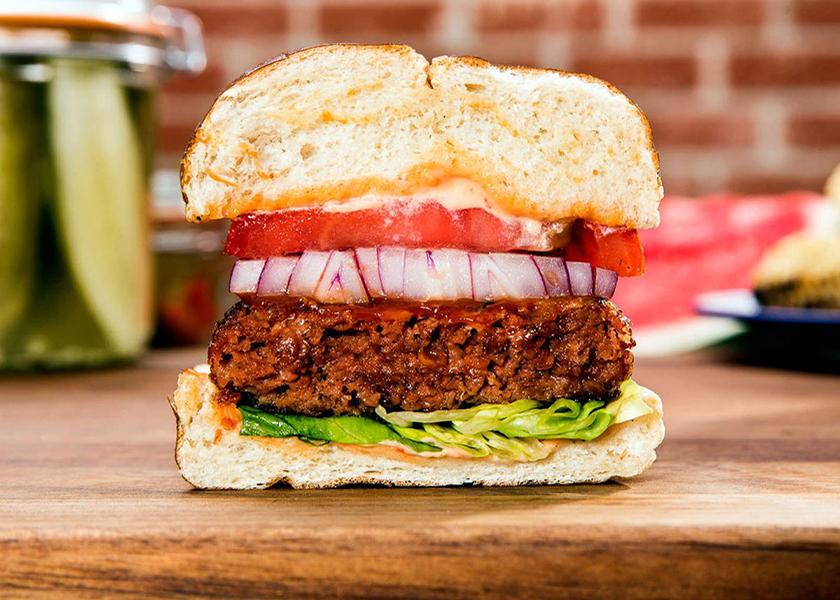Beyond Meat Clinches Coveted Deals with Mcdonald's, Yum Brands

CHICAGO, Feb 25 (Reuters) - Plant-based meat maker Beyond Meat said on Thursday it has signed multi-year supply deals with McDonald’s Corp and Taco Bell owner Yum! Brands Inc, underscoring consumers' appetite for vegetable-based alternatives and Beyond Meat's leading position.
But its shares lost early gains as the company reported sales and a loss that widely missed analyst expectations for the second quarter in a row.
The plant-based meat industry has developed a frenzied following in recent years, and companies like Beyond Meat and rival Impossible Foods are among top players competing aggressively for deals with major food chains. A deal with McDonald's, in particular, is highly coveted in the industry.
Beyond Meat said its three-year global deal with McDonald's would make it the world's biggest restaurant chain's "preferred" supplier for the patty in its new McPlant burger. The two companies will also develop other menu items like plant-based chicken, pork and eggs. Beyond Meat said it will also create a plant-based menu for Yum! Brands' KFC, Pizza Hut and Taco Bell menus.
Given that both McDonald's and Yum! typically work with multiple suppliers, it is likely that Impossible Foods and other rivals still have a shot at working with the two fast-food chains.
"The use of the word 'preferred' there is intentional on the McDonald's side," Beyond Meat Chief Executive Ethan Brown said.
The maker of the Beyond Burger also supplies Starbucks , Denny's and Dunkin' Brands.
SLOW SALES GROWTH, HIGHER COSTS
Coronavirus lockdowns have hurt sales of Beyond Meat's burgers, meatballs and sausages over the past two quarters. The company said it expects the recovery in its restaurant business to lag that of the broader food service sector.
"We're starting to see a little bit of stabilization in food service," Chief Executive Ethan Brown said.
Beyond Meat reported an increase in net sales of 3.5% to $101.9 million in the period ended Dec. 31, missing analysts' forecast of $104.8 million, according to Refinitiv IBES data.
The El Segundo, California-based company booked $3.7 million in COVID-19 expenses as it had to write off inventory associated with food service products that could not sell.
Beyond Meat's loss widened to $25.1 million, or 40 cents per share, from $452,000, or 1 cent per share. Excluding items, Beyond Meat's loss was 34 cents per share, handily missing analysts' estimate of 13 cents per share.
The company did not update its suspended outlook, saying the impact of COVID-19 made it difficult to forecast demand.
(Reporting by Richa Naidu in Chicago; Editing by Sonya Hepinstall and Stephen Coates)







